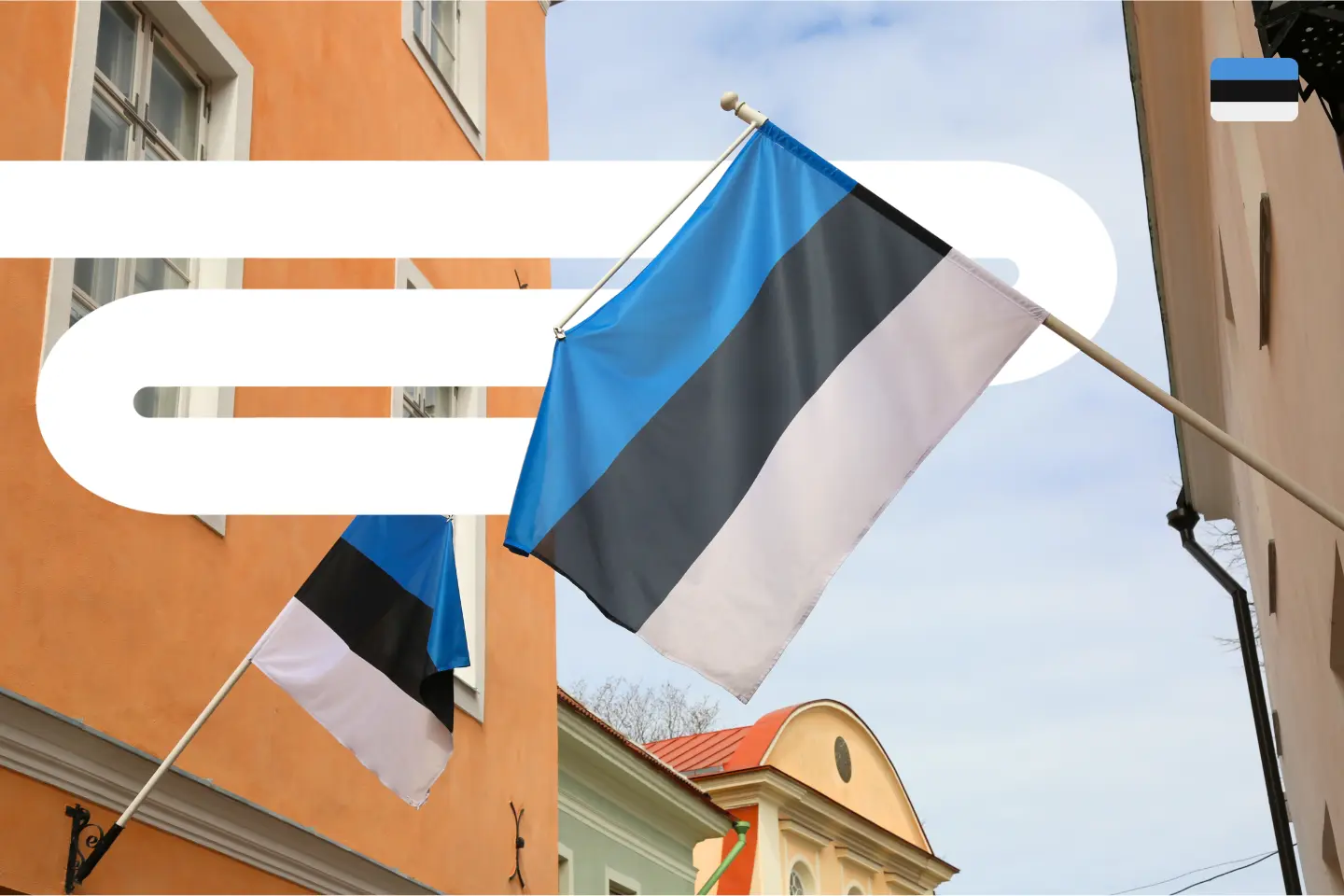- Estonia's proposed exemption under the Aliens Act, aimed at easing hiring of skilled foreign professionals in labor-shortage sectors, is advancing through parliament in 2026 after being submitted by the government at the end of 2025.
- The draft allows for fixed-term residence permits outside the general immigration quota, without needing approval from the Estonian Unemployment Insurance Fund (EUIF), and at wages of at least 80% of the national average potentially up to 1,300 permits annually, rising to 2,600 if GDP growth exceeds 2%.
- Selected sectors include manufacturing and transport and warehousing, with background checks by the Police and Border Guard Board (PPA) to verify professional qualifications and character.
- This reform seeks to address persistent talent gaps, bolster economic growth, and enhance competitiveness in critical industries amid an aging workforce and limited local talent supply.
- Estonia is advancing a proposed exemption under the Aliens Act to simplify hiring skilled international workers for businesses facing labor shortages. The focus remains on aligning immigration with economic needs to foster sustainable business expansion.
Estonia is preparing to introduce a new exemption under the Aliens Act that would make it easier for employers to bring in skilled foreign professionals. The exemption would focus on the country’s labor needs and support long-term business growth.
What’s changing in Estonia’s Immigration Law?
In May 2025, the Estonian government approved a proposal to amend the Aliens Act, introducing a targeted exemption to streamline recruitment of skilled foreign talent. By late 2025, the Ministry of the Interior submitted the draft bill to the Riigikogu (Estonian Parliament) for review, where it continues to progress into 2026 without a confirmed adoption timeline. Once enacted, this exemption would target sectors with acute shortages, factoring in local wage standards and labor market demands. Detailed criteria are still being refined.
The exemption maintains rigorous vetting: The PPA will conduct background checks to ensure applicants suit Estonia's labor market and societal standards. This balanced approach prioritizes business development while upholding professional integrity and public safety.
Which Sectors Could Benefit?
The draft identifies key sectors with urgent needs, initially focusing on manufacturing and transport and warehousing—areas where local training pipelines fall short. Broader inclusion of up to nine shortage areas, such as industrial technology, remains under consideration based on evolving labor reports.
Estonia’s OSKA labor market analysis highlights an ongoing annual deficit of about 1,400 top specialists and 700 skilled workers, projected to persist through the decade due to demographic shifts and educational constraints.
How Many Residence Permits Will Be Available?
Under the proposed exemption:
- Up to 1,300 fixed-term residence permits could be issued annually for shortage sectors, bypassing the general quota of 1,292 for 2026.
- In cases of robust economic growth (at least 2% GDP), the limit could double to 2,600 permits.
This quota-exempt mechanism provides flexibility, enabling adjustments tied to economic indicators and helping employers forecast hiring needs more reliably.
Why Are These Changes Important for Estonian Businesses?
Technical and growth-oriented Estonian firms continue to grapple with local talent scarcity. As Minister of Economic Affairs and IT Erkki Keldo noted, importing skilled specialists is vital for boosting productivity—often creating spillover benefits like elevated local wages and innovation opportunities.
Take Magnetic MRO, Tallinn's leading aviation maintenance firm: It faces chronic shortages of certified mechanics and currently secures only a limited number of international hires annually under rigid rules, hampering expansion.
Next Steps for Estonian Companies
With the draft now in the Riigikogu, approval could come later in 2026, unlocking a streamlined pathway for eligible employers.
In the interim, businesses should:
- Track Riigikogu updates on the bill's progress and final terms.
- Assess current staffing gaps against identified shortage sectors.
- Build compliance readiness, including wage and documentation protocols, for swift adoption.
If skill shortages are stalling your operations, this pending reform could prove transformative.
Make the Most of the Evolving Rules
As Estonia refines its framework for attracting global expertise, proactive planning is essential. Jobbatical supports companies throughout the talent acquisition journey, offering comprehensive immigration, visa, and relocation services—from application to integration. Connect with our Estonia team for tailored guidance.


.svg)






.png)






.svg)
